How to Consolidate Debt with a Loan?
Discover the benefits of debt consolidation and learn how it can positively impact your credit score.
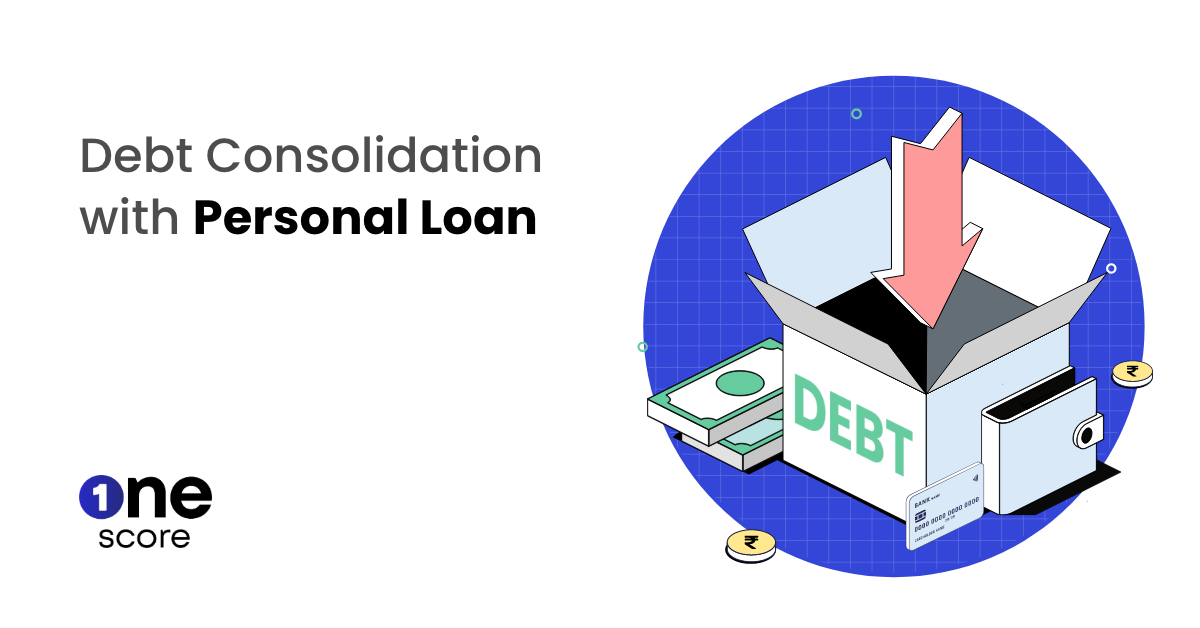
Listen to the article here:
Raj, a young software engineer from Mumbai had a simple mantra for life — work hard & party harder. Living in an expensive city like Mumbai, Raj found it difficult to juggle rent, bills, and other expenses. Despite his decent salary, he was struggling to make ends meet. That's when he turned to credit cards as a quick fix to his financial problems. However, little did he know that his impulsive spending habits and procrastination would land him in a debt trap that would be hard to escape. As a result, he found it challenging to keep up with multiple payment deadlines and started defaulting on a few of his credit cards, which negatively impacted his credit score.
How Debt Consolidation Helped Raj Turn His Finances Around!
He began to worry about his finances and realized that he needed to do something to make it simpler. That's when he heard about Debt Consolidation.
Debt Consolidation is a way to combine all your debts into a single loan. By doing so, you can simplify your monthly payments and reduce your interest rates, making it easier to manage your debt.
Raj decided to explore the option of Debt Consolidation. He discovered that he could take out a personal loan to pay off his credit card debts and consolidate them into a single payment.
This made his life much more comfortable. He only had to worry about a single monthly payment and could save on interest payments. He was also happy to see that his credit score improved as he was making timely payments on his consolidated loan.
Are you like Raj, who has accumulated multiple high-interest debts and finds it challenging to keep up with the payment deadlines? If yes, then Debt Consolidation might be the solution for you.
Now that you know what Debt Consolidation is, let's see how you can get a personal loan for debt consolidation.
Check your credit score: Before applying for a personal loan, it's important to check your credit score. A good credit score will increase your chances of getting approved for a loan and can also help you negotiate a better interest rate. Research and compare: It's important to research and compare different loan options to find a reliable and reputable bank or financial institution that can offer you a competitive interest rate and flexible payment terms. Apply for a personal loan: Once you have found a suitable lender, you can apply for a personal loan. Make sure to provide all the necessary documents, such as your income proof, employment details, and identity proof. Use the loan to pay off your debts: After getting the loan approval, use the funds to pay off your existing debts. This will consolidate your debts into a single payment, making it easier to manage your finances.
Also read: How to choose the best personal loan
Why choose a personal loan for Debt Consolidation?
A personal loan for debt consolidation is a great way to get out of debt. With a personal loan, you can consolidate your debts into one monthly payment and lower the interest rate on those debts. It can be a good option for debt consolidation for several reasons:
They typically have lower interest rates than credit cards and other types of debt, saving you money in the long run. Personal loans have fixed repayment terms, which means you'll know exactly how much you need to pay each month and when the loan will be paid off. Personal loans are unsecured, so you don't need to put up any collateral to get the loan.
*Bonus - You can also use OneScore’s Personal Loan EMI calculator to plan your monthly payments.
Will Consolidating Debts with a Loan affect your credit score?
Yes, Consolidating debts with a loan can impact your credit score in a positive way. if you're approved for the loan and use it to pay off your existing debts, your credit score could improve over time. This is because having fewer debts and making on-time payments on your loan can positively impact your credit score. Additionally, having a mix of different types of credit, such as credit cards and loans, can also benefit your credit score.
The final word:
It's essential to note that while debt consolidation can be a great option to simplify your finances and reduce financial stress, it may not be the best choice for everyone. Before considering debt consolidation, it's important to weigh in if you really need it. If the interest rates on your credit cards are reasonable, and you can afford the monthly payments, then it may be better to avoid taking out another loan for debt consolidation.
However, if your credit card interest rates are high, and you have a large number of installments to pay, then taking out a personal loan for debt consolidation may be a smart decision. It can help you consolidate your debts into a single monthly payment, which is easier to manage, and can save you money on interest payments in the long run. Just research and find a reliable and reputable bank or financial institution that can offer you a competitive interest rate and flexible payment terms.
Found the article helpful? Download OneScore and stay in charge of your finances.
**Disclaimer: The information provided on this webpage does not, and is not intended to, constitute any kind of advice; instead, all the information available here is for general informational purposes only. FPL Consumer Services Private Limited and the author shall not be responsible for any direct/indirect/damages/loss incurred by the reader in making any decision based on the contents and information. Please consult your advisor before making any decision.
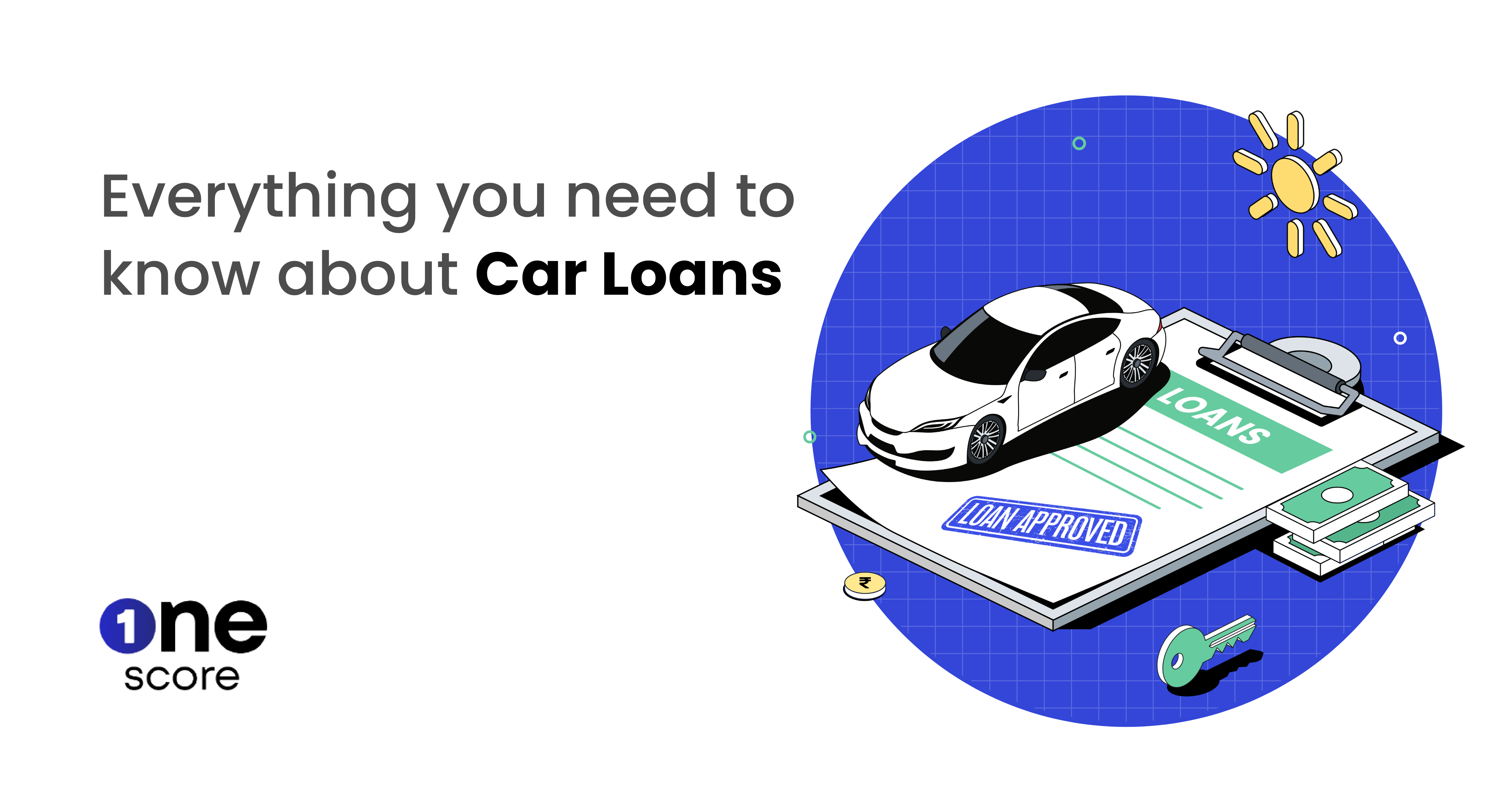
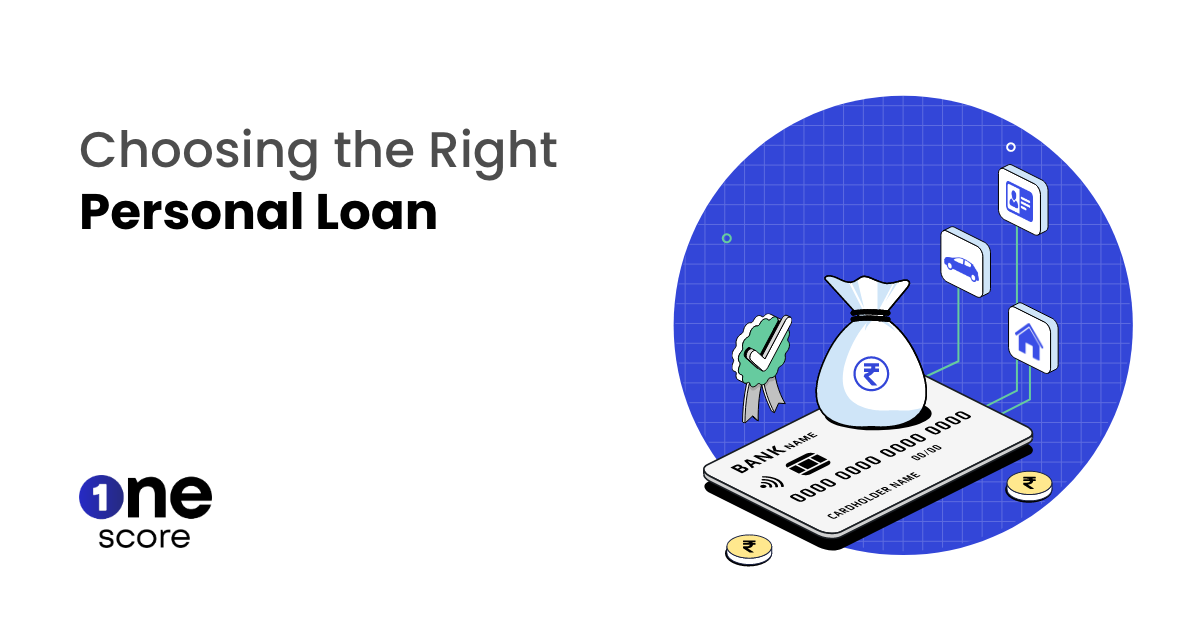
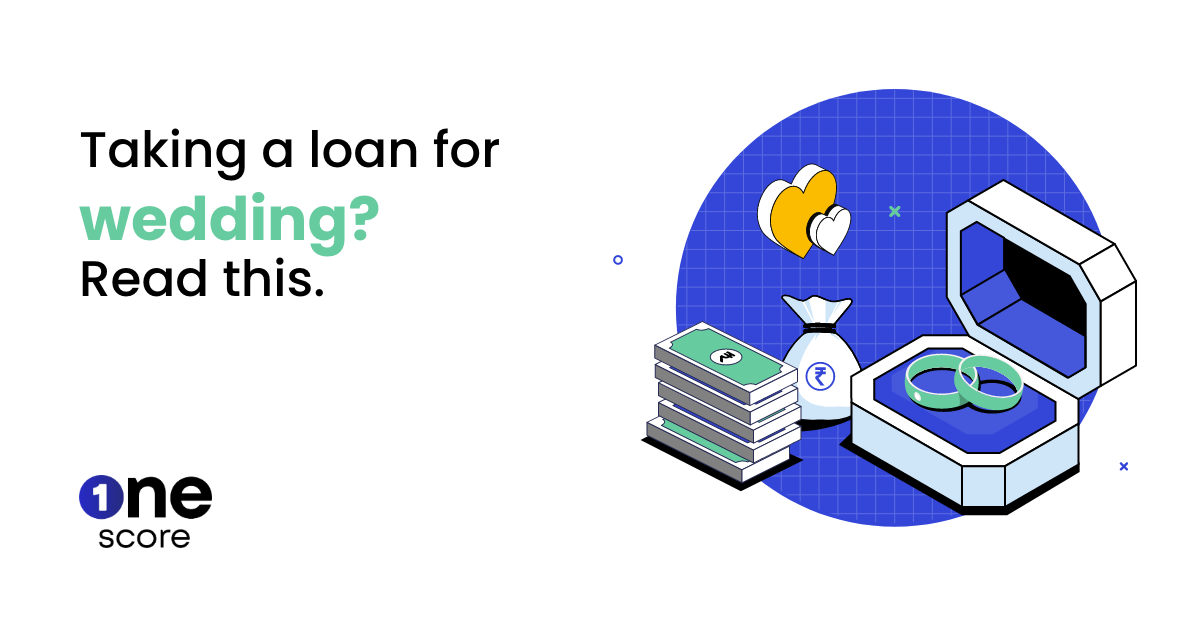
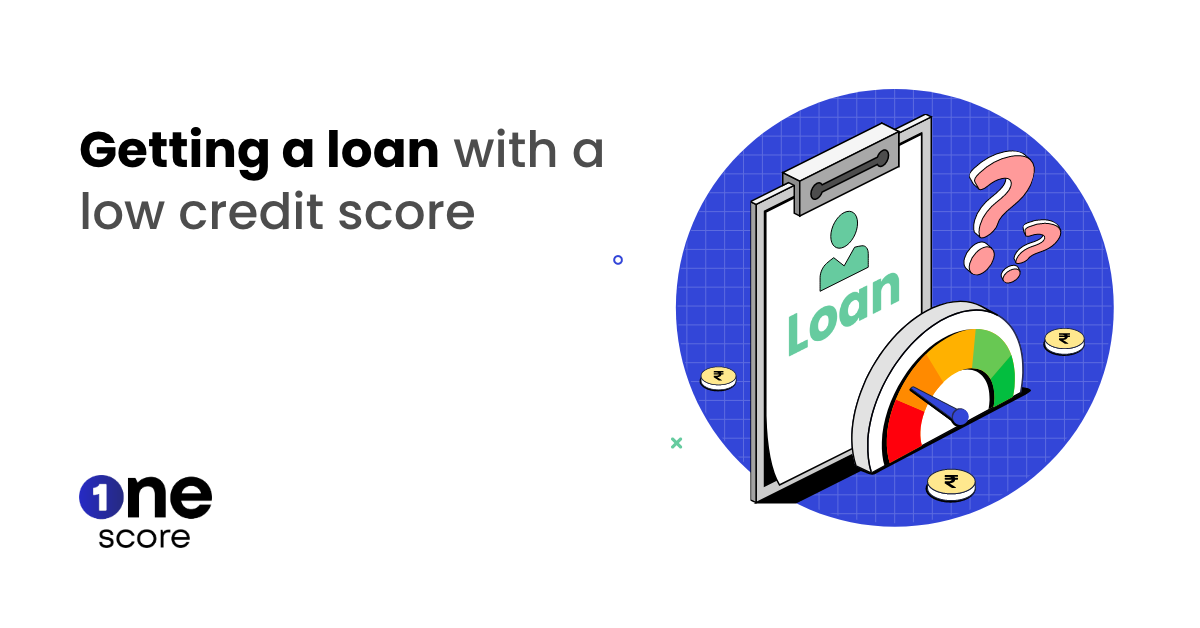
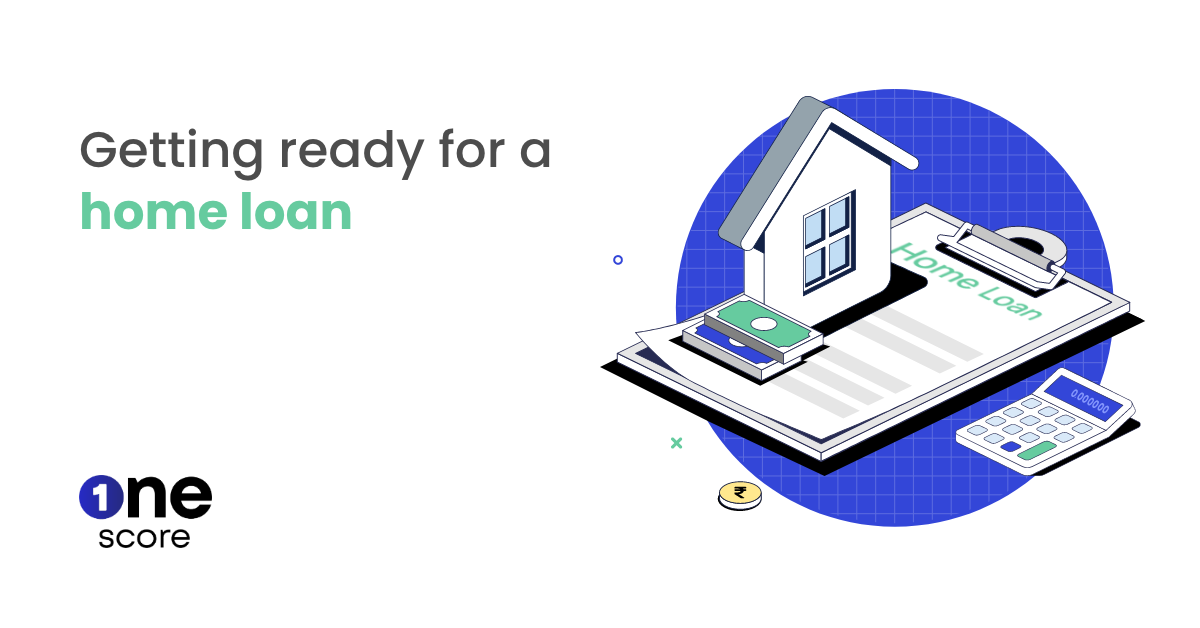
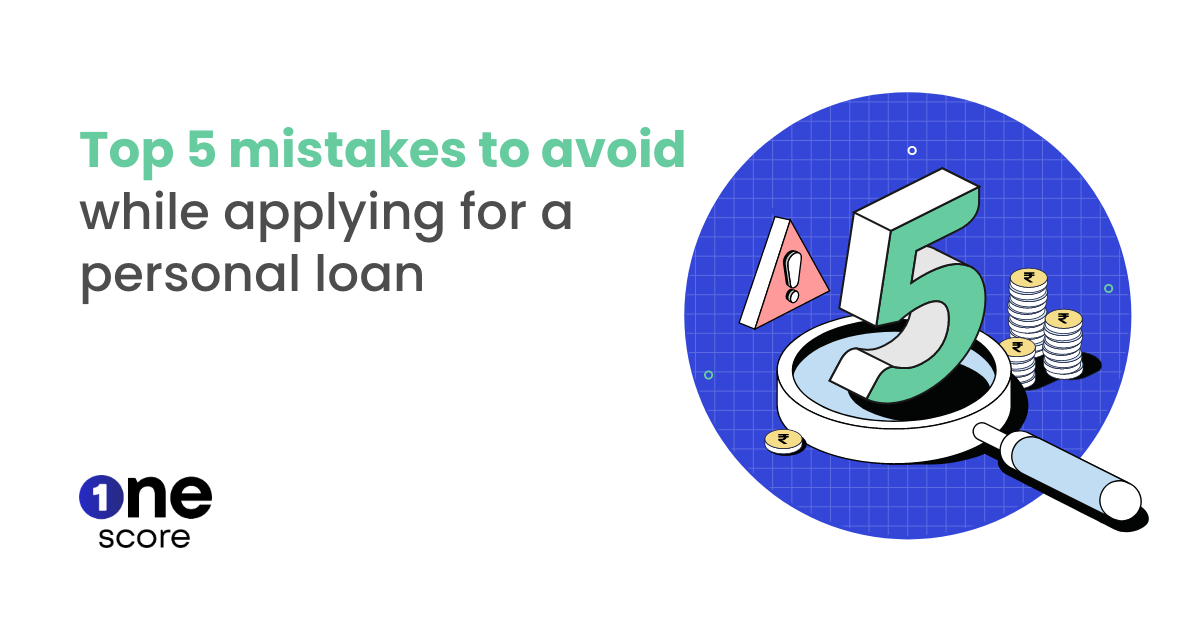
- OneScore , May 04, 2023

